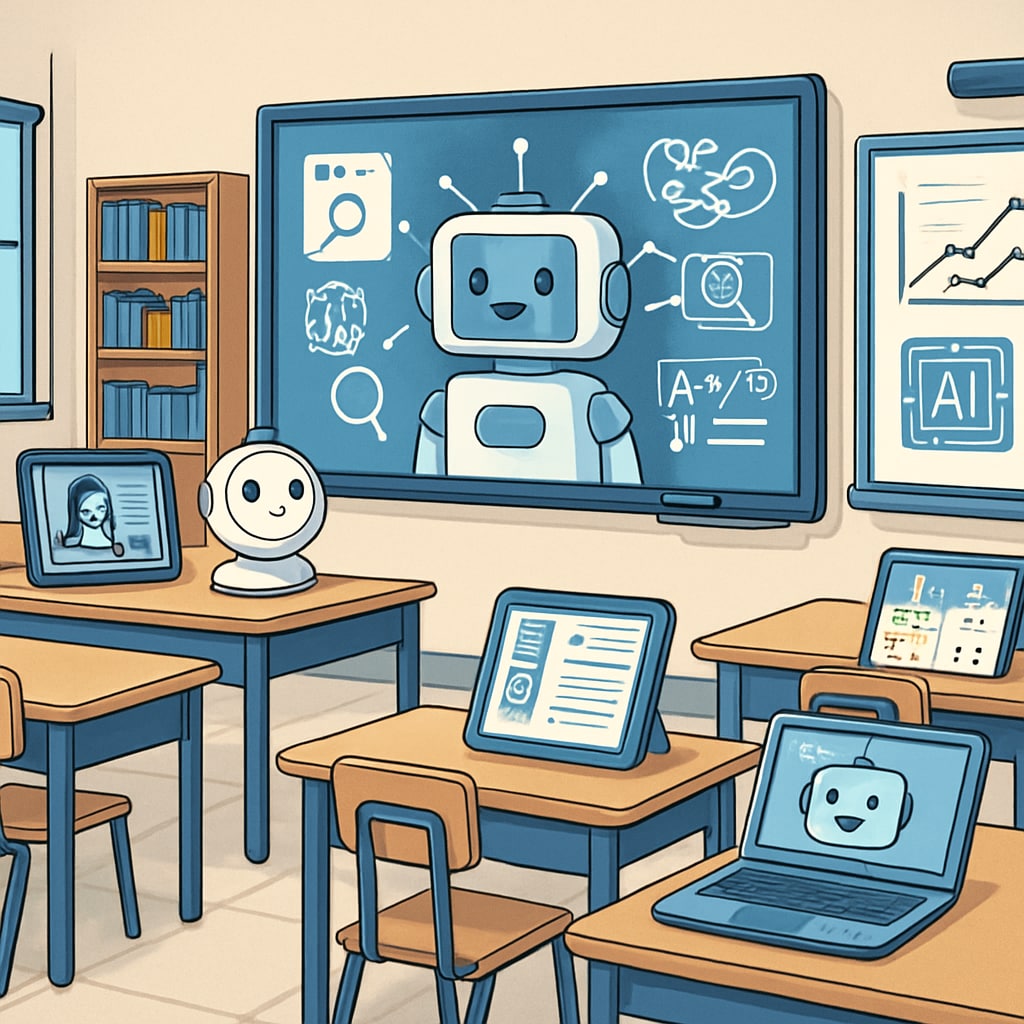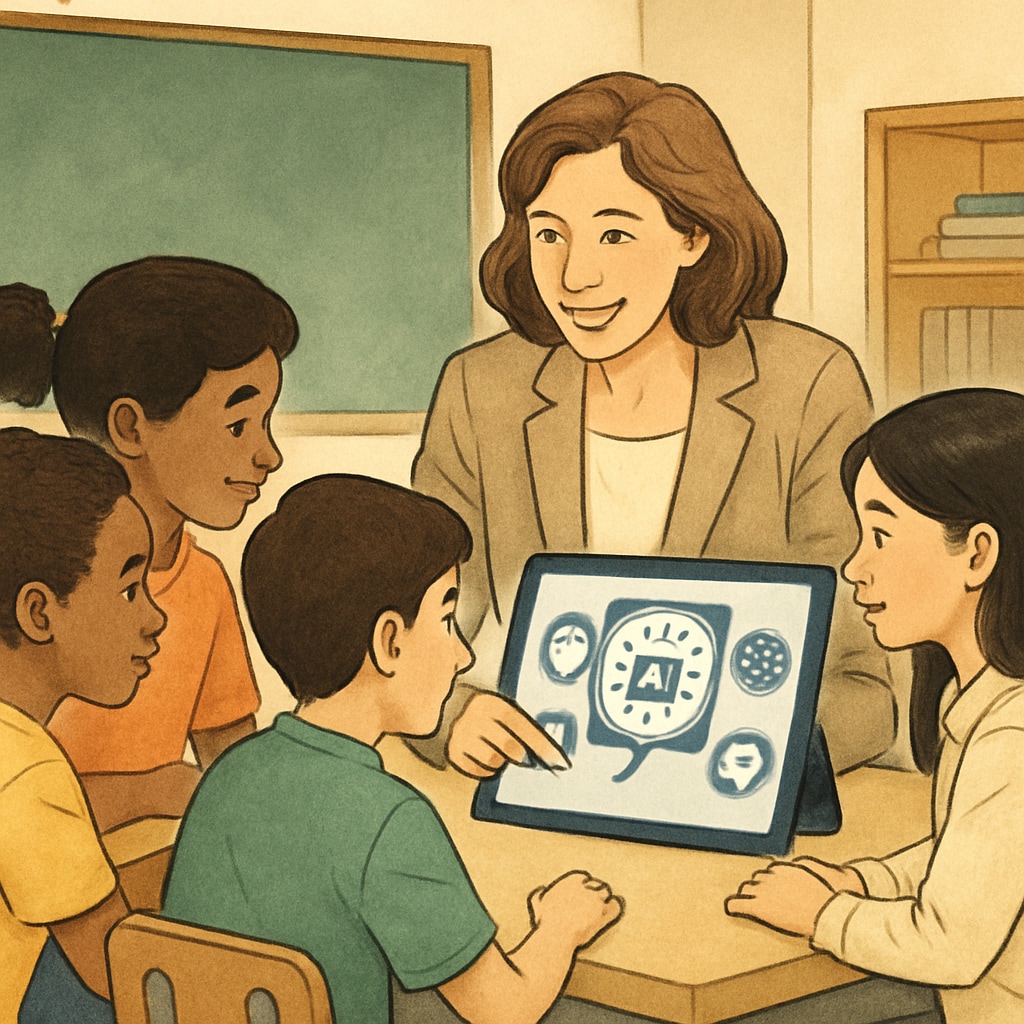The rise of AI education applications has sparked a pivotal debate about teacher value, salary structures, and the role of human expertise in the classroom. As artificial intelligence tools become increasingly capable of automating administrative tasks, grading, and even content delivery, educators face a complex reality: is the teaching profession being empowered by technology, or is it facing an existential threat? This article explores the implications of AI-driven education for teachers, examining both the challenges and opportunities posed by this transformative technology.
How AI is Reshaping the Teaching Profession
AI applications in education are revolutionizing traditional teaching methods. Tools such as adaptive learning platforms, personalized lesson planners, and automated grading systems are reducing the workload of teachers. For example, AI-powered systems can analyze student progress and provide tailored recommendations, freeing educators to focus on more meaningful interactions with students. Educational technology on Wikipedia provides a detailed overview of such innovations.
However, this shift also introduces challenges. Teachers may find that their roles are being redefined, with less emphasis on their traditional responsibilities and more demand for technical proficiency. As AI takes over repetitive tasks, educators are expected to develop new skills to collaborate effectively with advanced technologies.

Teacher Value in an AI-Driven World
One of the most pressing concerns is the impact of AI on teacher value. Historically, the teacher’s role has been rooted in interpersonal skills, mentorship, and the ability to inspire students. While AI excels in efficiency and data analysis, it struggles to replicate the emotional intelligence and creativity that human educators bring to the table.
As a result, the teacher’s value may shift from being a subject-matter expert to becoming a guide, mentor, and facilitator of critical thinking. Their ability to create an engaging and empathetic learning environment could become the cornerstone of their professional worth, even in a tech-centric educational landscape.

Salary Structures Under Scrutiny
The integration of technology could also affect teacher salaries. On one hand, schools may allocate budgets toward AI tools, potentially reducing resources for teacher compensation. On the other hand, educators with strong technical skills might find themselves in higher demand, leading to specialized roles that command premium salaries.
In addition, questions arise about whether educational institutions will value teachers primarily for their technical expertise or their ability to foster human connections. A balanced salary structure that recognizes both aspects could be vital to maintaining teacher morale and attracting talent to the profession.
Striking a Balance Between Technology and Humanity
While AI offers undeniable benefits, the essence of education remains deeply human. Striking a balance between technological capabilities and human-centric teaching is crucial. Educators must be empowered to leverage AI as a tool rather than view it as a competitor.
To achieve this, professional development programs should focus on equipping teachers with the skills to integrate AI effectively while emphasizing the importance of emotional intelligence and creativity. As a result, teachers can redefine their roles as irreplaceable contributors to the educational experience.
For further insights, you can explore Artificial Intelligence on Britannica.
Readability guidance: Short paragraphs and clear headers enhance readability. Lists summarize key points effectively. Active voice and transitions like “however” and “in addition” ensure a smooth reading experience.


